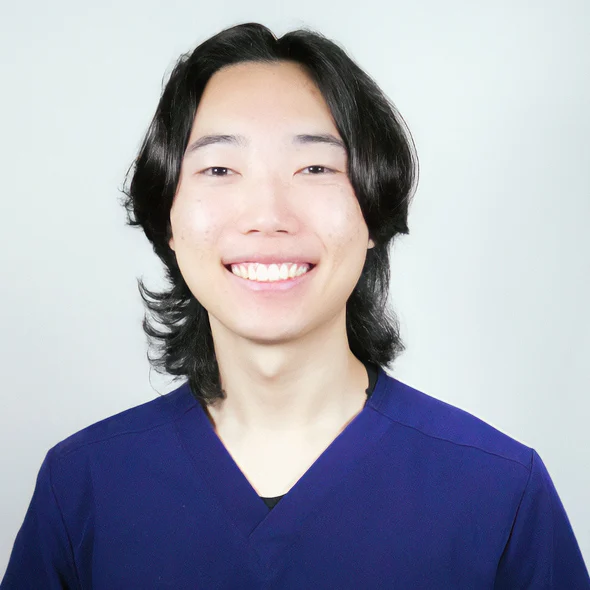As we age, our brain and body naturally change. However, there are steps we can take to slow this process and maintain brain health. The key is to stay proactive and make small, consistent efforts. Below are some essential habits to keep your brain strong and working efficiently.
Mental Stimulation
Keeping your brain active is just as important as exercising your body. Engaging in puzzles like crosswords, Sudoku, and math challenges helps strengthen neural connections and promotes learning. Research shows that mental exercises encourage the brain to form new pathways, improving cognitive function over time.
At first, these activities may seem difficult or tedious, but practice makes them easier. Even solving a few riddles or brain teasers each week can help enhance memory, problem-solving skills, and overall brain efficiency.
Physical Exercise
Exercise is well known for benefiting both body and mind. Studies show that physical activity increases blood flow, delivering oxygen and nutrients to the brain. This process supports the growth of new nerve cells, improves brain plasticity, and enhances cognitive function.
Beyond brain health, regular exercise helps regulate blood pressure, balance cholesterol, and control blood sugar levels. It also reduces stress and anxiety, contributing to overall well-being. Staying active doesn’t just keep your brain sharp—it also strengthens your body for the long run.
Managing Stress
Chronic stress can take a serious toll on the body. Over time, it disrupts hormone levels, affects heart function, and impacts breathing patterns. Stress can negatively influence every system in the body, reducing its ability to function optimally.
Finding ways to manage stress—through meditation, exercise, or relaxation techniques—helps protect both brain and body. Making time for stress relief is an important step in maintaining long-term health.
Monitoring Blood Health
Blood markers provide valuable insights into overall health. Factors such as blood pressure, cholesterol, glucose levels, vitamin levels, and hormone balance can reveal deficiencies or risks that need attention.
Regular blood tests every 3–6 months help track your body’s needs and identify areas for improvement. Your body constantly sends signals about its health—it’s up to us to listen and respond accordingly.







